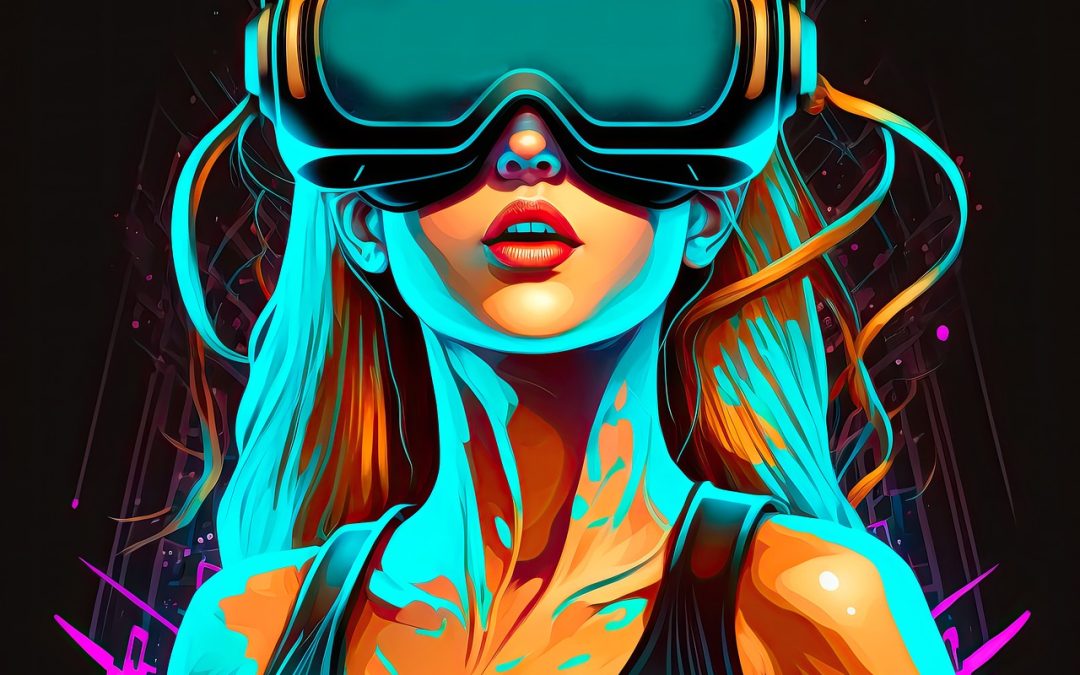
Future Trends in the Music Industry: Exploring Potential Themes
The music industry is ever-evolving, with new technologies and trends constantly reshaping the way we consume and create music. From streaming services to social media platforms, music has become more accessible and collaborative than ever before. In this article, we will analyze some key points related to current themes in the music industry and explore potential future trends that may shape the industry even further.
1. Streaming Dominance and Personalized Recommendations
Streaming platforms have revolutionized the way we listen to music, offering vast libraries of songs at our fingertips. The convenience and affordability of streaming services have propelled their popularity, overshadowing physical albums and downloads. However, as the market becomes saturated with multiple streaming platforms, personalized recommendations will become crucial to retain and engage users.
In the future, streaming platforms will increasingly employ advanced algorithms and machine learning to understand individual preferences, providing even more accurate and tailored music recommendations. This will enhance user experiences and keep audiences engaged by offering limitless discovery and reducing the time spent searching for new music. Collaborations with other entertainment mediums, such as movies or games, may also drive personalized recommendations.
2. Virtual Reality and Immersive Experiences
Virtual reality (VR) technology holds enormous potential for the music industry, allowing artists to create immersive experiences for their fans. VR concerts and virtual venues are already emerging, offering fans a chance to attend live performances from the comfort of their homes. As VR technology becomes more accessible and affordable, it is likely to experience substantial growth in the future.
Artists can also leverage VR to provide interactive experiences, enabling fans to explore virtual worlds inspired by their music or engage in virtual meet-and-greets. The ability to offer unique and personalized experiences will cultivate a stronger connection between artists and fans, and potentially generate additional revenue streams.
3. Blockchain and Transparency
The music industry has long struggled with issues of transparency and fair compensation for artists. However, blockchain technology has the potential to revolutionize the industry by providing transparent and secure platforms for content distribution and monetization.
Blockchain-based platforms can ensure that artists receive fair compensation for their work by offering immutable records of ownership and usage rights. Smart contracts can automate payment processes, ensuring that creators are paid promptly and accurately. Moreover, blockchain can facilitate direct peer-to-peer transactions, eliminating the need for intermediaries and empowering independent artists.
4. AI-generated Music and Collaboration
Advancements in artificial intelligence (AI) are blurring the lines between human-made and computer-generated music. AI algorithms can now compose original pieces of music, imitate specific styles or even collaborate with human musicians. This trend presents both exciting possibilities and ethical dilemmas for the music industry.
In the future, AI-generated music could become a valuable tool for artists, assisting them in the creative process and expanding their artistic reach. However, it is crucial to find a balance between human creativity and AI automation to preserve the uniqueness and emotional depth of music.
Predictions and Recommendations
The future of the music industry is undeniably intertwined with technology, offering vast opportunities for growth and innovation. To thrive in this evolving landscape, industry stakeholders should consider the following recommendations:
- Invest in AI research and development: Artists, labels, and streaming platforms should invest in AI to explore its potential for enhancing the music creation process and providing personalized experiences for users.
- Embrace blockchain technology: Industry players should adopt blockchain-based platforms and smart contracts to ensure transparent and fair compensation for artists, streamlining the monetization process.
- Cultivate immersive experiences: Artists should explore virtual reality technologies to create immersive experiences for fans, opening up new revenue streams and strengthening fan engagement.
- Prioritize data-driven personalization: Streaming platforms should continue refining their recommendation algorithms to offer highly personalized and accurate music suggestions, ensuring user satisfaction and loyalty.
In conclusion, the future trends in the music industry are exciting and transformative. Streaming dominance, virtual reality, blockchain transparency, and AI-generated music are likely to shape the industry in the coming years. By leveraging these trends and implementing the recommended strategies, the music industry can cater to evolving consumer preferences, enhance artist-fan interactions, and drive innovation in this dynamic sector.
References:
– Futurism. (2021). The Future of Music: How Technology Is Redefining Sound. Retrieved from https://futurism.com/the-future-of-music
– Medium. (2020). Blockchain Applications in Music Industry: Revolutionizing Royalty Payments & Copyrights. Retrieved from https://medium.com/volume/netflix-of-music-on-blockchain-applications-in-music-industry-2ae1ceefdb1d
– The Guardian. (2021). VR gigs: music’s biggest stars hit the virtual stage. Retrieved from https://www.theguardian.com/music/2021/apr/17/vr-gigs-music-industry
